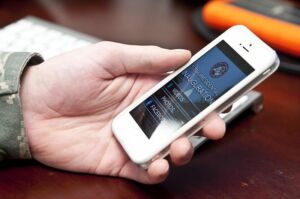News
Every tenth Dane addicted to social media on vacation
This article is more than 10 years old.
Relaxing on holidays are a thing of the past, with 8 out of 10 young people online

It seems that young Danes can’t get by without their social media fix (photo: Christopher M. Gaylord)
Many use holidays to relax, recuperate and rejuvenate. But for a large group of young Danes, relaxing on holiday is a thing of the past, as a significant percentage find it hard to completely unwind during their vacation.
According to a new survey by the hotel expert Hotels.com, 8 out of 10 people aged 18-39 use social media whilst on vacation, and of them, almost one in ten find themselves totally dependent on their online universe.
Almost half (45 percent) acknowledge they use social media to keep in touch with those at home, while four out of ten use social media to share their holiday experiences.
When the suitcase is packed, there are many who choose to leave their life at home to be able to relax. The younger generation, however, are increasingly liking, sharing and posting like their lives depend on it.
Swedish youth the biggest “social-holics”
However, if you think Denmark sounds bad, our neighbours in Sweden are much worse.
Almost one in six young Swedes (16 percent) say they are dependent on social media whilst on vacation, while 8 per cent of young Norwegians say they use social media on holiday because they feel addicted to it.










































